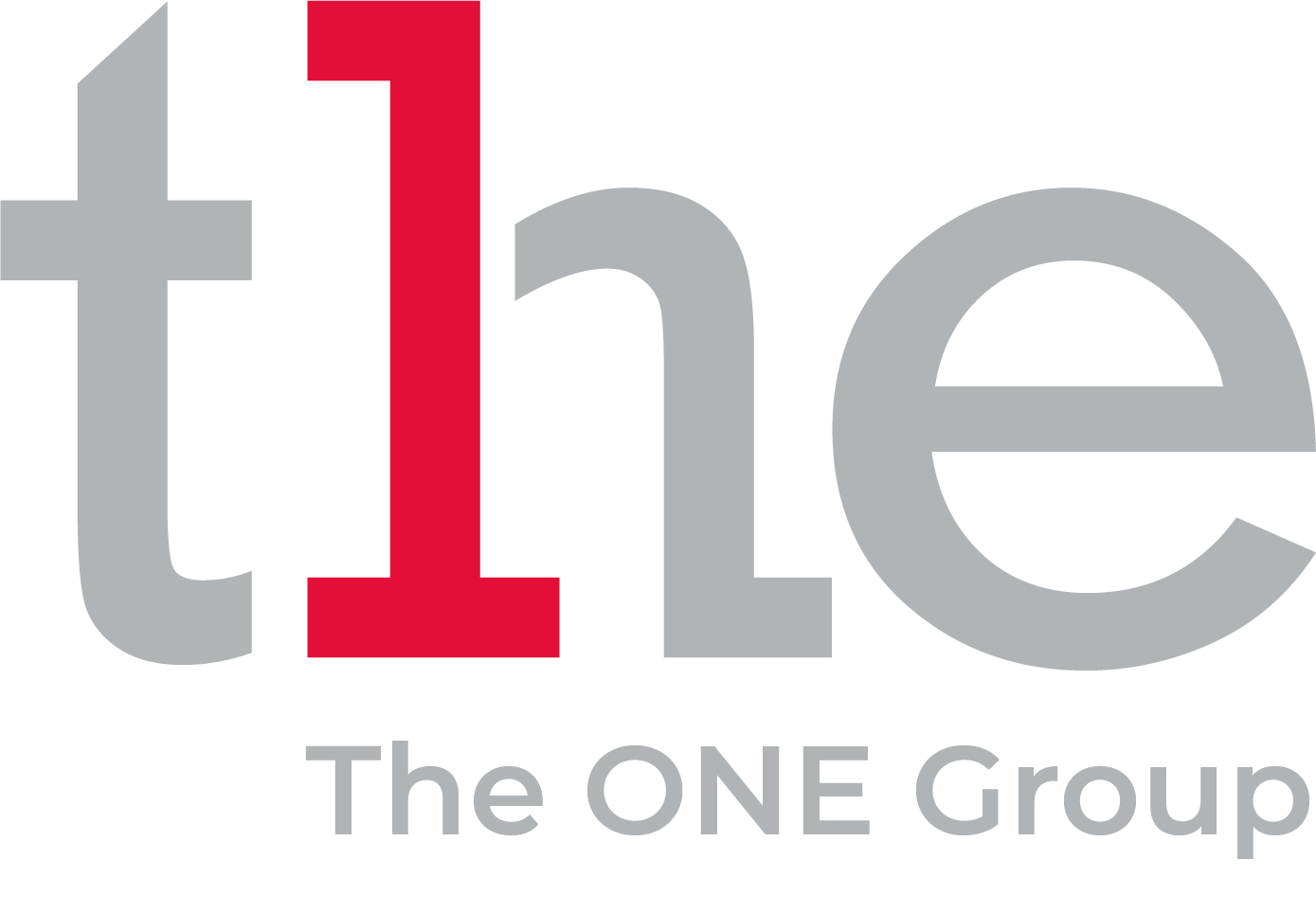Menopause is a natural stage in a woman's life, typically occurring in her late 40s or early 50s. While it's a normal part of aging, menopause can bring about physical and emotional challenges that impact an employee's well-being and productivity. As an employer, it's crucial to create a supportive workplace environment for employees going through menopause. In this blog, we'll explore how to support your employees during this life transition.
Raise Awareness
The first step in supporting employees going through menopause is to raise awareness about this topic in the workplace. Many people, including women themselves, may not fully understand menopause or its potential effects on work performance and wellbeing. Consider offering educational resources, workshops, or seminars to help employees and managers gain a better understanding of menopause. You could also consider inviting anyone interested in the topic out for a work lunch. Outside of their working environment, they might feel more comfortable discussing the topic, sharing experiences and supporting each other.
Encourage Open Communication
Create an environment where employees feel comfortable discussing their menopause-related concerns. Encourage open and confidential conversations with managers or the HR function. Make sure employees know that their experiences are valued and that you're willing to accommodate their needs.
Flexible Work Arrangements
One of the most effective ways to support employees going through menopause is by offering flexible work arrangements. Menopausal symptoms can vary widely, including hot flushes, mood swings, and fatigue. Allowing employees to adjust their work schedules, take short breaks when needed, or work from home can make a significant difference in their comfort and productivity.
Temperature Control
Hot flushes are a common symptom of menopause and can be especially challenging in a workplace environment. Ensure that the office temperature is adjustable, allowing employees to manage their comfort levels. Providing fans or allowing personal desk fans can also help alleviate hot flush-related discomfort. Flexible dress codes that allow for lighter clothing can also be helpful during hot flushes.
Encourage Wellbeing
Promote wellbeing practices in the workplace, such as stress-reduction techniques and healthy lifestyle choices. Encourage employees to take regular breaks, practice mindfulness, and maintain a balanced diet and exercise routine, as these can help mitigate some menopause-related symptoms.
Employee Assistance Programs (EAPs)
Consider offering Employee Assistance Programs that provide access to counselling and support services. These programs can help employees navigate the emotional challenges that may arise during menopause.
Supportive Policies
Review and update workplace policies to ensure they are inclusive and supportive of employees going through menopause. This includes policies related to sick leave, dress codes, flexible work arrangements, etc.
Empower Managers
Train managers and supervisors to recognise the signs of menopause-related challenges and to respond with empathy and support. Encourage them to engage in constructive conversations with employees and assist in finding suitable solutions.
Normalise Menopause
Work to create an environment where menopause is normalised and destigmatised. This can help employees feel less isolated and more comfortable discussing their experiences with colleagues and superiors.
Supporting employees going through menopause is not just a matter of compassion; it's a smart business move. By providing the necessary support and changes, you can help retain valuable talent, boost employee morale, and create a more inclusive and productive workplace.
Menopause is a natural part of life, and with the right support, employees can continue to thrive in their careers during this transition.


